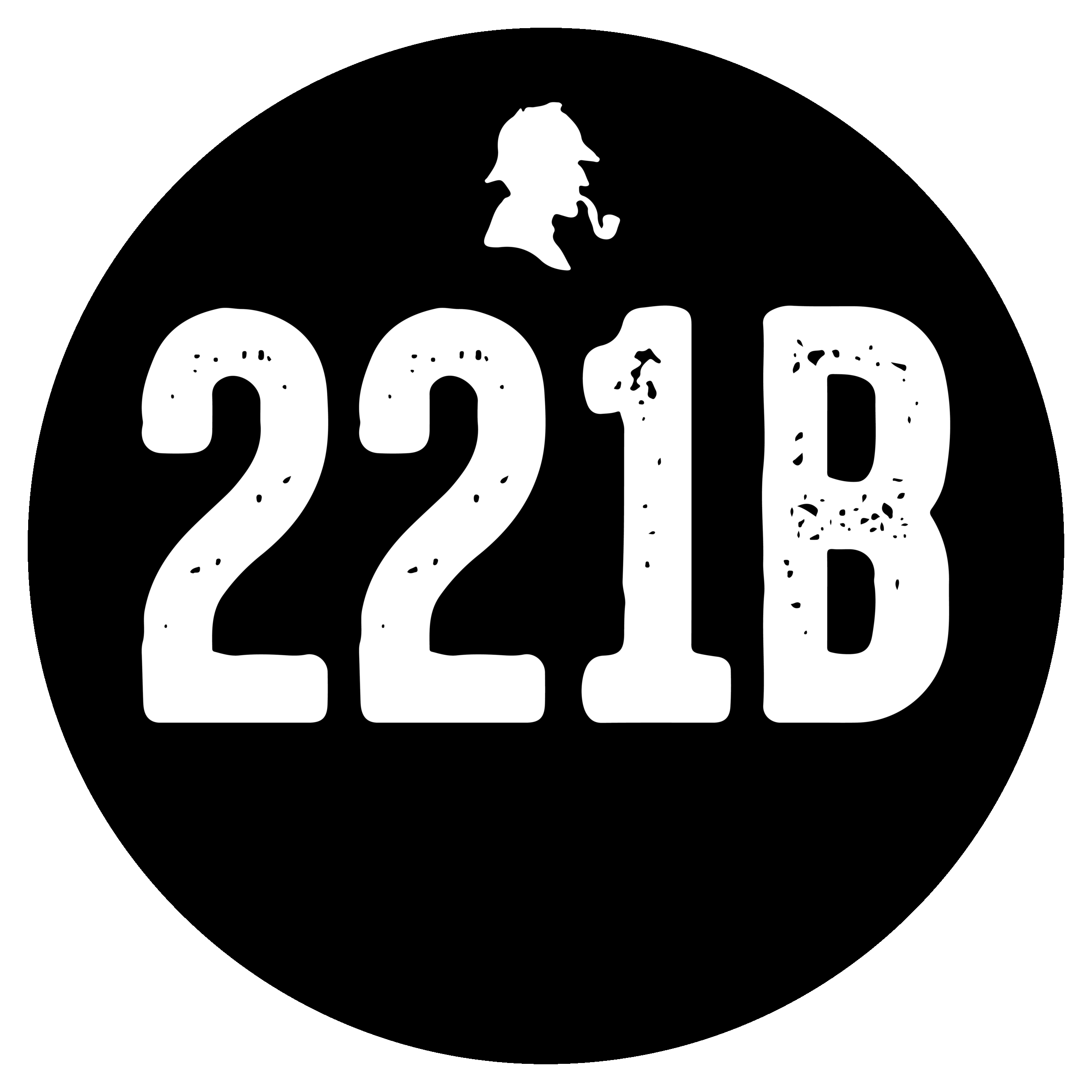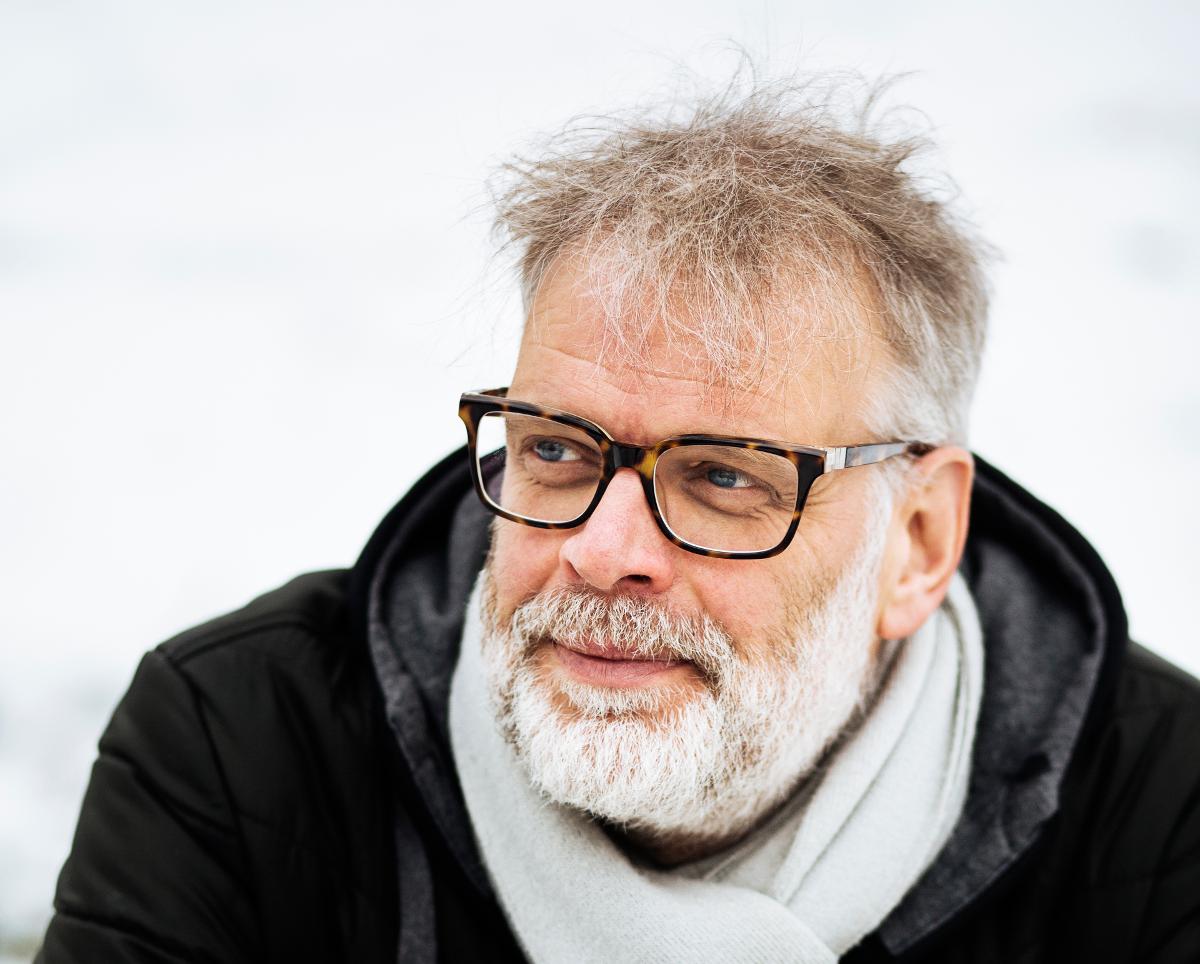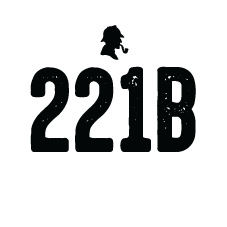We are thrilled to finally have the opportunity to interview Hans Rosenfeldt, the creator of Saga Norén and the screenwriter behind the series Bron/Broen (The Bridge) and Marcella. In our conversation, we discussed the impact of Saga Norén on female characters in contemporary crime genre, as well as his work in both television and literature. Of course, we also asked for his advice for anyone looking to write crime series or film scripts.
You have a very colorful career. It spans from TV and radio programs across TV shows and literature. First of all, how did you start this journey as a screenwriter, what was that emotion that captured you in the first place. How did your interest in crime fiction start?
Hans Rosenfeldt: I have always liked to write and to tell stories, but for quite some time I wanted to become an actor instead of a writer. I actually worked as one for a couple of years in my 20s, but I was really bad at acting – something my colleagues at the theatre discovered way before I did. So, they tried to keep me off the stage as much as possible by giving me scripts to read, to edit and to adapt. And when I finally quit the theatre and buried my acting dreams, I was lucky enough to get a job writing for a radio show. Then I had a friend working in television, who knew that they were looking for writers for a soap opera that had just started. I applied, wrote some test scenes, and got the job. It turned out I was pretty good at it, so I got more and more script jobs and just kind of became a writer. So, it wasn’t really something that I pursued, more like something that I kind of slipped into. I’ve been interested in crime and horror since a very young age. I was reading crime novels and watching crime and horror shows when I was probably way too young. A fascination and love for the genre has always been with me.
Bron/Broen became an unforgettable crime show and in fact it became a classic in such a short while. Its adaptations were also produced. As a screenwriter, what was your starting point when you thought of this project. How did Bron/ Broen adventure start for you?
Hans Rosenfeldt: I, along with two colleagues, was asked by the Swedish production company Filmlance if I could create a 10-episode crime show set in equal parts in Denmark and Sweden. The reason for that specific pitch was that they had already developed a project set in that region that didn’t work out and so they had to cancel it, but they had regional funding and were already in discussions with the Danish broadcaster about co-production, so they needed a new show. We could do whatever we wanted as long as it was crime, ten hours and set 50/50 in Sweden/Denmark. And that’s when we came up with The Bridge.
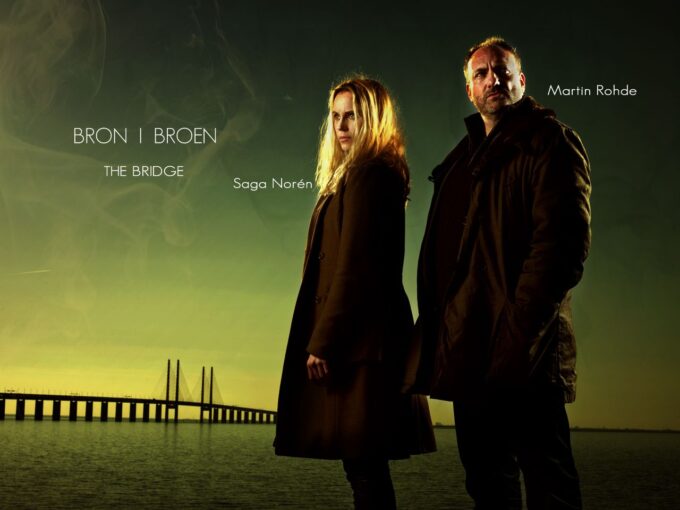
Saga Noren is one of the most authentic female characters in the history of crime shows and films. After this character, the way a female detective is written changed a lot all over the world. Woman characters who were not that authentic and those who were just doing their jobs were replaced by those characters who had interesting qualities, a mysterious past and they did not have to be “maternal and affectionate”. Where did you get your inspiration from when you created the character of Saga Noren? What do you think about the fact that after all these years your character was an inspiration for many writers, producers and creators and that your character showed that more authentic female characters could be created?
Hans Rosenfeldt: Saga was initially created as a counterpart to Martin, who we came up with first, because we knew who we wanted to play him. And since we were making Martin a kind of warm, huggable family man who was very open and liked to talk to his colleagues about everything, including feelings, we wanted and needed someone who was his polar opposite. I then came up with the idea of a female detective with absolutely no social skills. And that was the beginning of Saga. It gave her distinct character traits, a kind of easily recognisable personality, but to work only off of that would make her one dimensional, so we started to flesh her out beyond the social awkwardness, to create a whole person. Giving her a backstory, a trauma, some secrets and a lot of underlying emotions, since we knew she could come across as a bit cold and emotionless. But the inspiration for her character is not anyone or anything specific – it’s just a wish to make as much of a complete and interesting character as possible. I’d be very happy and pleased if my creations, Saga Norén and Marcella, have in any way helped people in the industry to understand that you can make an interesting hit-show with a complicated, fully fleshed-out female protagonist. There are more female-led shows now, but we’ve still a way to go before we see as many of these as you say; shows with a mostly male cast and a majority of male leads.
I do not think that what makes Bron/Broen a modern classic is just the depth and authenticity of its characters. The process of the criminal case in each episode keeps the sense of wonder up all the time and when the mystery is solved, it does not constitute a disappointment for the audience. How do you make this happen and what do you pay attention to the most when you are establishing the mathematics of the script?
Hans Rosenfeldt: We always work as a team while creating the crime plot. At the very beginning of the process we decide who our killer, the antagonist, is and why he/she/they did it. That is to make sure that everything we do in the episodes leading up to the reveal of the killer adds up in the end, so that he/she/ they have had the opportunity to do everything we say that they’ve done. Then we come up with a theme for the whole season. We are a multiplot show with a lot of supporting characters, so to make sure it all feels coherent, every B, C and D strand in the story should fit the theme. If it doesn’t, we don’t use it. Then it’s really just work, work, work to come up with enough red herrings, supporting characters, interesting side plots, mystery, a high enough body count, and to put it all together. If there’s one thing I’m really good at, it’s sorting out a ten-hour multiplot crime show in my head.
The fact that Bron/Broen came to an end and said goodbye upset all the viewers from around the world. Is there such a possibility that the show might air again? Or did you think about continuing the adventures of Saga Noren by writing their novels?
Hans Rosenfeldt: You should never say never, but at the moment we have no plans to revive the show. I personally think it was a good idea to stop when we did; very few shows hit their peak in season five, six or seven, and we didn’t want to become one of those series that you say “Oh yeah, that used to be good” about. And so for now, there are no plans for the return of Saga Norén, not even in novel format.
You are the creator of Marcella. This time you created a crime adventure based in London, not in a Nordic environment. Again, an authentic female character, a protagonist. The 3rd season of the show will air in February 2020, if I am not mistaken. What does Marcella mean to you?
Hans Rosenfeldt: Marcella was such a great experience for me. It was my first chance to work outside Sweden, and in England no less, a country that we as swedes hold as the absolute top producers of drama and series. I was able to work with some truly amazing people, made a lot of new friends, and I reached a partly new and bigger audience when the series was acquired by Netflix. The Bridge was sold to a great many countries, but Marcella felt like my first international show and it gave me the opportunity to continue working abroad.
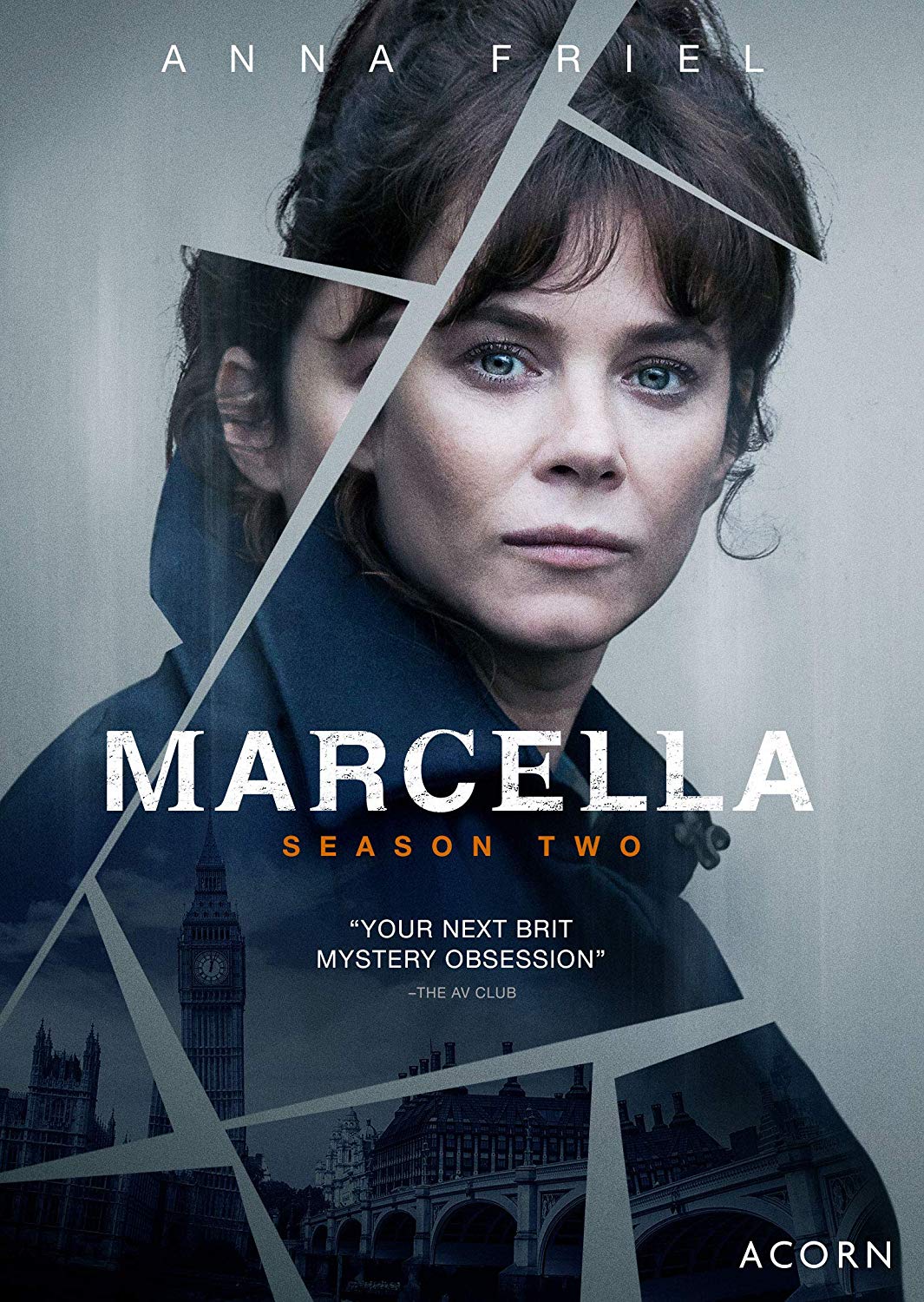
Crimes committed in England, the police department and way things work in England… Did these facts make any difference in the manner of your work or in the process of your preparations?
Hans Rosenfeldt: No, my way of working was pretty much the same as in Sweden. I was fortunate enough to work with a production company, Buccaneer, who asked me how I wanted the process to be like and adapted it to my wishes. The biggest difference was in the research area, where there was a lot for me to learn, since I knew next to nothing about police work in England.
The concept and the profile of the detective have changed drastically from Sherlock Holmes to up until now. Of course, scientific and technological developments have a great role in this. We came from detectives who waited for weeks for a delivery from the USA back in the times of Martin Beck series to those detectives who can reach anywhere in the world quickly and finalize all the clues rapidly, thanks to technology and science. However, solving a crime, a mystery still takes time. As both a literatüre writer and a screenwriter, what do you want to say about this change in the profile of the detective.
Hans Rosenfeldt: We are living in a time where DNA, phone and computer tracking, surveillance cameras, ANPR, retrieving deleted texts and so on are a reality, so we just have to adapt to it. What this forces us writers to do is to be more inventive, to find cleverer ways to prolong the case that we’re creating. I think it’s good to look at new technology and scientific development as opportunities rather than obstacles.
The number of contents that are non-English in platforms like Netflix, Amazon etc. are increasing with each passing day. Viewers from different parts of the world have a chance to watch crime shows and movies that are produced in different languages/cultures/environments within the same year. This is exciting for all the screenwriters and fiction writers. On the other hand, this situation bears the risk that very similar works are produced. You are perhaps one of the screen writers who can best answer this question because both of your crime shows were well received by all viewers. What can you recommend to those writers who wish to create an authentic and creative crime show?
Hans Rosenfeldt: Invest equal time into the development of the characters and the plot – they are equally important. The plot is what’s going to make the viewer want to watch another episode, the characters are what is going to make them want to watch another season. Remember that it’s a work of fiction. If it’s plausible within the universe that you’ve created, go for it even if it’s not how it would be done or work out in reality.
Do your research, but if reality is less dramatic and inventive than the idea you came up with, go with your idea. Find people to work with who are better at other things than you are and who challenge you. If you like and trust them, listen to them – quite often others have ideas that are as good as or even better than your own.
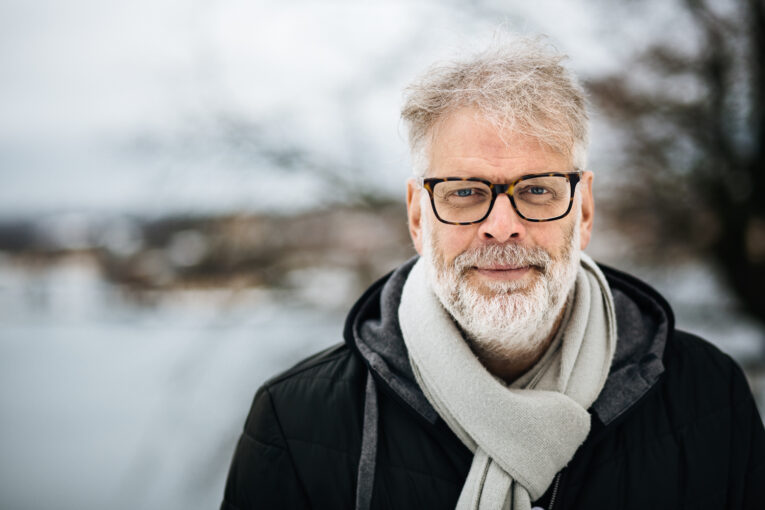
Crime shows are widely popular all around the world, and so is crime fiction. What do you think lies behind this lasting and never-ending interest in crime fiction?
Hans Rosenfeldt: It’s about very fundamental and old themes that will never go out of fashion: good vs evil, justice, revenge, betrayal. It’s (usually) about one of the worst crimes a human being can commit: killing another person. And so it’s literally about life and death. The stakes are always very high. And there is always at least one mystery involved: who did it, why, and will they catch him?
In the whole world, you created one of the most special works for crime fiction lovers. Bron/Broen, although it was not aired on a TV channel in Türkiye, was widely watched by Turkish viewers. People recommended the show to their friends. I imagine similar things also apply for many other countries. As the creator of these works, what was the most unforgettable reaction/comment you received?
Hans Rosenfeldt: I don’t know, actually. I’m not active on social media and I don’t get to meet the viewers that often. I can’t remember any really unforgettable comments – most of them are about the fact that we don’t seem to have curtains in Sweden and Denmark, and some elderly women in Hay in Wales were very worried about Saga’s private parts since she’s in leather trousers all the time.
Your Sebastian Bergman novel series were translated to and published in many languages. Will you be continuing the series?
Hans Rosenfeldt: Yes, there will be two more books in the series. So, eight all together.
Two novels of the Bergman series were also adapted for TV. Will there be a follow-up of the series?
Hans Rosenfeldt: We made two 90-minute episodes of the first two books and then we made two more based on the characters but not on the books. We might try to adapt Sebastian for television again, but probably not until we’ve finished the book series, and when/if we do so, it will be a complete reboot.
What are your projects for the future? What kind of surprises await us regarding books, TV series and movies?
Hans Rosenfeldt: This autumn will see the publication of the first novel written just by me, without Michael. It’s a thriller set in the small northern town of Haparanda in Sweden. I’m currently writing the second book in that series. Then I will write a new (so far secret) English tv-series and after that a new Swedish (also secret) series. I’m in the fortunate position of knowing what I’ll be doing all the way up till 2022.
What are your favorite detective characters?
Hans Rosenfeldt: The detectives at the 87th precinct in Ed McBain’s novels.
What are your favorite crime fiction novels, writers, movies and TV shows?
Hans Rosenfeldt: I really don’t read or watch that much crime… hardly any to be honest. I like Ed McBain, and I think Fargo was great if that counts as a crime show… Goodfellas, Usual Suspects, you know – the classics. Like I said, it’s been many years since I last read or watched crime…
